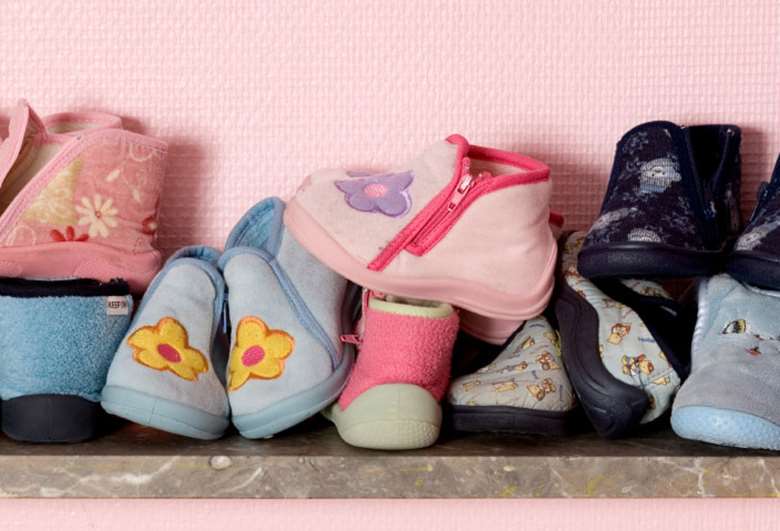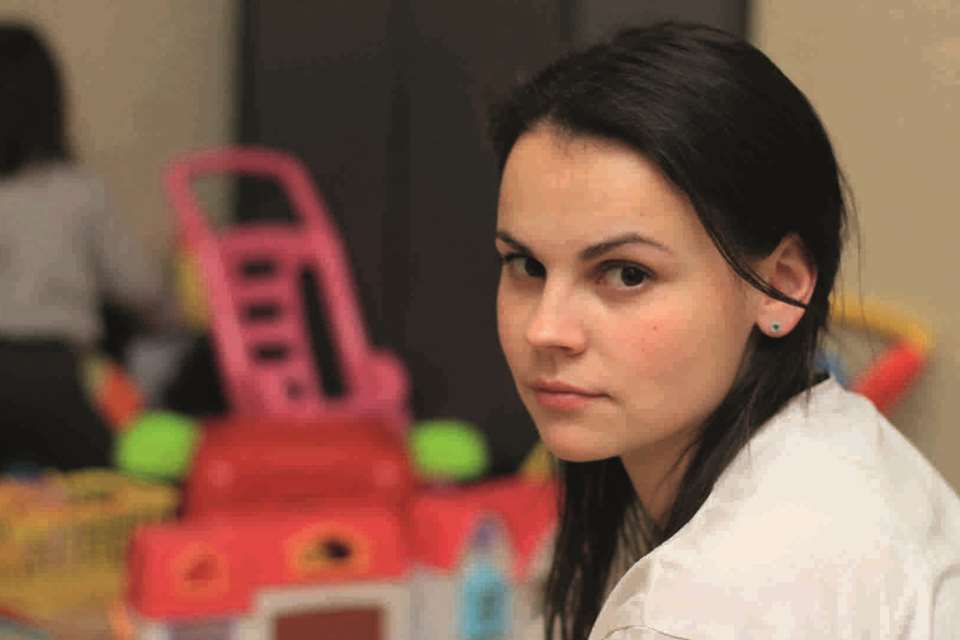Coronavirus: Long road to recovery for childcare settings, finds survey
Katy Morton
Wednesday, August 19, 2020
New research suggests there will be no quick bounce back for nurseries and pre-schools in the autumn term following the coronavirus lockdown.

The latest data from Ceeda’s About Early Years COVID-19 tracker, published yesterday, reveals that PVI nurseries and pre-schools expect their average occupancy to be below 60 per cent at the start of the autumn term (September).
The data, covering the week commencing 27 July, is based upon a survey of 352 nursery and pre-school settings conducted between 3-13 August.
Following the lifting of lockdown restrictions on 1 June, Ceeda has collected data at regular intervals on child numbers, occupancy levels and incidence of Covid-19 tests for children and staff in PVI settings.
Providers were asked to give their best estimates of September occupancy rates for under-fives. Estimates were provided for three-quarters of surveyed settings (261 sites). Average occupancy was 58 per cent, with 45 per cent of settings expecting to fill half their capacity or less. However, 14 per cent of providers anticipated buoyant occupancy levels of 81 per cent or more.
Ceeda’s managing director Jo Verill warned that the figures point to ‘another very tough time ahead’, with an anticipated increase of just 11.5 percentage points on average occupancy levels in the week commencing 27 July.
Almost two-thirds of surveyed settings reported being open for families during the study week, 30 per cent were closed due to the holiday period and 8 per cent were temporarily closed due to the impact of covid-19.
The average occupancy level for under-fives provision was 46 per cent, with an average of 40 children attending settings.
The survey also asked providers to predict what their financial performance would be as of next January. Of the 49 per cent that responded, almost one in two settings (48 per cent) said they expected to operate at a loss, 39 per cent predicted to break even and 13 per cent expected to make a profit.
Childminders
A total of 399 childminders responded to the Ceeda survey. One in five said they expected September occupancy to return to normal, while 39 per cent think numbers will go down slightly and 38 per cent anticipate significantly lower numbers.
Currently, close to one in five childminders said they were temporarily closed due to the pandemic and 2 per cent had closed permanently. The main reasons for not reopening given by childminders was that they were concerned about the risk to themselves and their family members and low demand for provision.
According to the data, average occupancy for childminder remained static at 35 per cent for the fourth consecutive survey. The average number of children on roll and attending settings was 4.36.
Over two-fifths of childminders (42 per cent) expect to break even by January 2021, 33 per cent think they will make a profit and over a fifth expect to be operating at a loss. Just 2 per cent expected to close permanently.
The National Day Nurseries Association (NDNA) said the figures raise 'significant concerns for the sector'.
Head of policy Jonathan Broadbery explained, 'Low occupancy will be a very serious issue for many providers if they are to remain viable in the coming months.
'Our own research revealed that 71 per cent of nurseries we surveyed expected to make a loss over the next few months.
'The autumn term funding announcement helps to give some certainty for nurseries, but we are investigating examples of local authorities who are planning to distribute funding based on head count, not last autumn’s figures.
'Early years and childcare places will be crucial for any economic recovery. In Scotland and Ireland, we have seen governments recognise the pressures on the sector and make transformation funding available. NDNA is lobbying hard for more financial support for childcare providers in England and Wales as well.'
- Ceeda's latest report is available here







